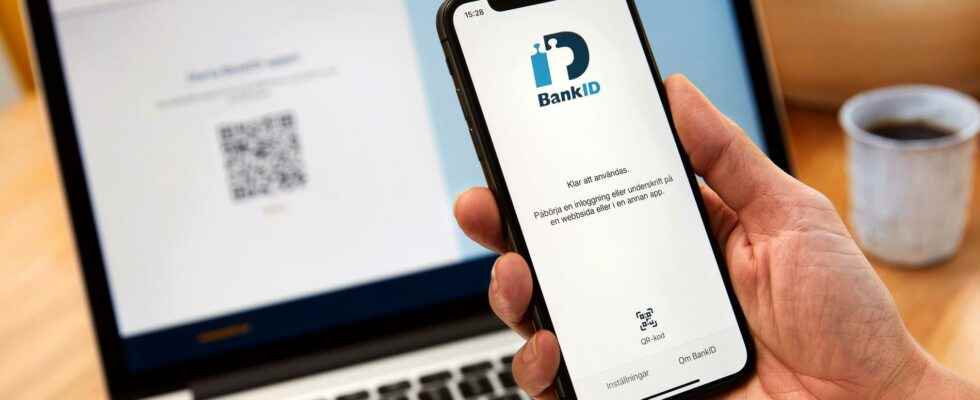A man lost SEK 397,000 in connection with giving out his bank ID and bank codes to a fraudster who stated that he called from the bank.
The Supreme Court has now ruled that the man should receive money back from the bank. According to the Consumer Ombudsman, the case may be indicative.
The Supreme Court (HD) considers that the consumer’s action was grossly negligent but not particularly reprehensible. The consumer must therefore not be responsible for more than SEK 12,000 of the transactions that have been completed.
The bank must then restore the account to the position it would have been in if the transactions had not been completed, HD states.
Previously, there have been no guiding court decisions regarding the assessment of the consumer’s actions in the event of bank fraud, which according to the Consumer Ombudsman (KO) has hit many hard.
Must have been aware
According to KO, the ruling means that those who have been deceived into disclosing bank information now have increased opportunities to get money back through compensation from the bank.
“According to the ruling, the action should only be classified as particularly reprehensible if the consumer was aware that there was a risk of an unauthorized transaction but still disclosed the information to the fraudster,” writes the Consumer Ombudsman Cecilia Tisell on the authority’s website.
A consumer who is considered to have acted “particularly reprehensibly” may bear full responsibility for the money lost. But then the bank must prove that the consumer has acted in that way.
If the consumer is considered to have acted “grossly negligent”, the consumer’s liability is limited to a maximum of SEK 12,000.
Measures are being investigated
According to the government, fraud against individuals generates approximately SEK 3 billion in criminal profits each year. The sum is estimated to have increased by 49 percent in one year.
Every year, approximately 200,000 frauds are reported to the police, with the elderly being a particularly vulnerable group. But the dark figure is believed to be large.
The government will appoint two investigations. Among other things, they are considering introducing a new requirement for e-identification services and payment services, which means that they will be obliged to provide information about money laundering or suspected money laundering to the police.
It will also be investigated whether more types of companies, such as insurance companies or payment service providers, will be allowed to participate in collaborations against money laundering.
Facts
How to protect yourself from fraud
Never give out private information to someone you do not know.
Never log in to your bank ID at the request of an outsider.
If it seems too good to be true, it probably is.
Always be critical and never send money to people you have not met.
Contact the authority, bank or company that the sender or caller claims to represent.
Make a police report.
Source: SSF Theft Protection Association
Read more
